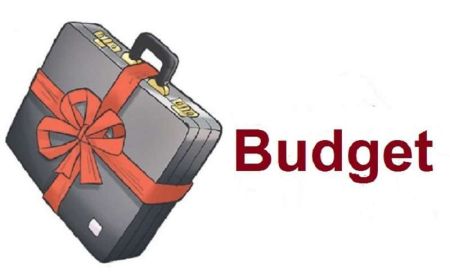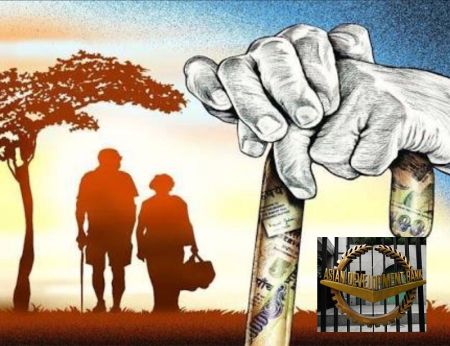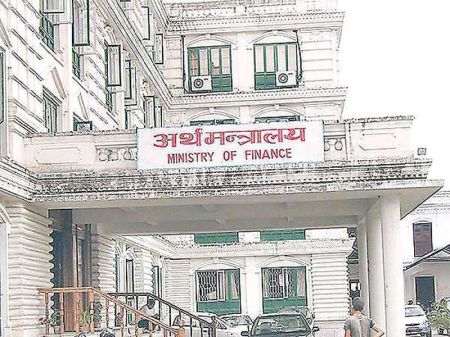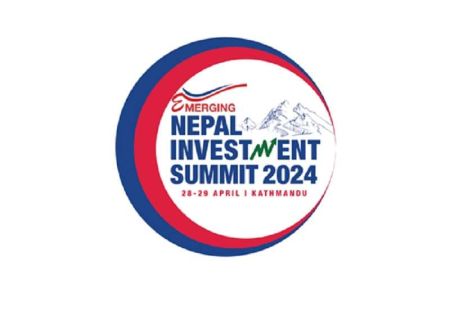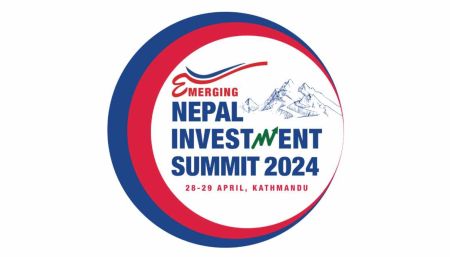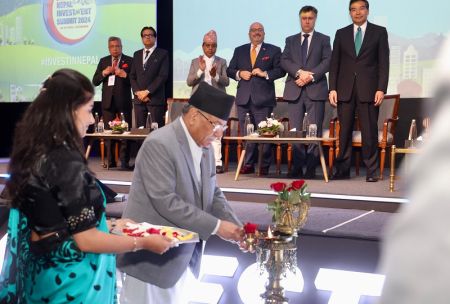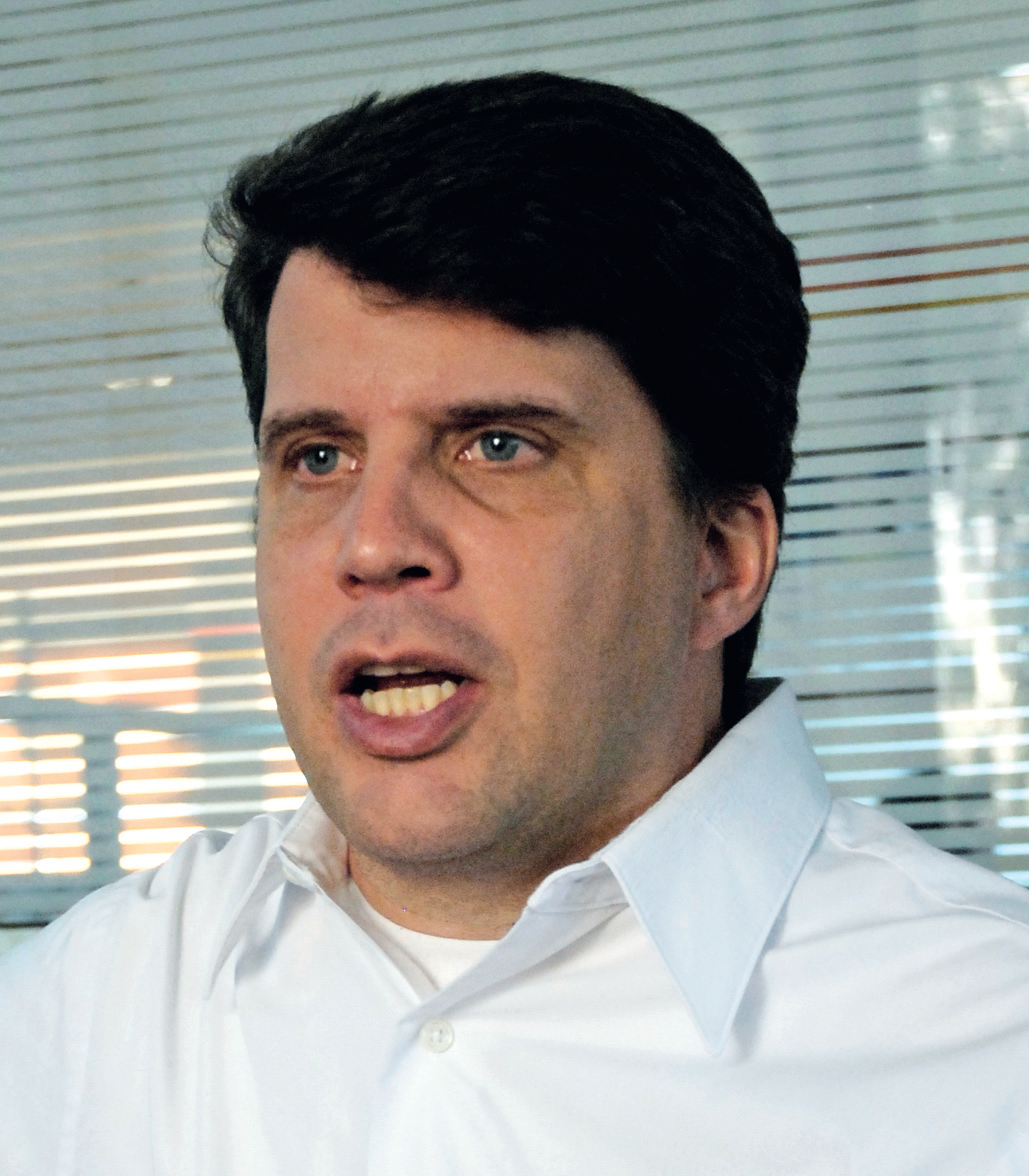
Bill Stockton is a Senior Advisor of the Verghis Group, a management consulting firm. He is known as the ‘center of gravity’ for knowledge sharing practice and consulting within the financial sector including investment and retail banking and insurance companies in the Verghis Group. Stockton graduated in Psychology from the University of North Carolina at Chapel Hill. He served Deutsche Bank for 18 years, mainly in the IT department. He was the director and global head of support and operations for over 20 products including foreign exchange, equities, programme trading, cash management and more. Most recently, he was tapped by Deutsche Bank to institute a global knowledge sharing programme that trained over 3200 IT staff and demonstrated productivity gains. In an interview with Nubiz recently when he was in Kathmandu, Stockton shared the importance and need of knowledge sharing and knowledge management in any organization. Excerpts:
What are your recent engagements?
I left Deutsche Bank as a Director and as an IT Manager. I left because I think I can do much more, particularly in the area of knowledge sharing in finance companies. We have three small companies in the Verghis Group. We can resolve things primarily on knowledge sharing and knowledge management. Also, we do a quite a lot of work on measures, metrics and madness which is about stopping measuring activities and reassuring for outcome. We do also have a research wing which conducts very exciting research, mostly on behaviour psychology- the kind of research we primarily conduct.
What brings you to Nepal?
My ancestors had been coming to Nepal for a long time. We did not come here for business. We came here because we are interested in all the things we have heard about Nepal. But my partner, Christina, has come here several times a year for the past ten years. Her productively. So, I joined her on a number of those session conducted here. There are some really exciting possibilities in my mind about knowledge sharing. Many people don’t know what knowledge sharing or knowledge management is. A number of companies need knowledge management. Research show whether it be Deutsche Bank, Mega Bank or Coca-Cola - around 60- 90 percent problem is solved by somebody else in the organization. So, knowledge management is about the behaviour and practices required to make that knowledge available to anyone who needs it in the organization. What I see is, when you get a really good idea you don’t want anyone else to know that idea. You try it just by yourself. in today’s new Internet age, if you put
your ideas right there, other people can come and collaborate. The more I share what I know, the more valuable I become. People have trouble doing that and they have also trouble believing that.
How does your strategy help other organizations?
We teach companies how to capture the intellectual capital of the employees in all sorts of makeshift visits are mainly aimed at supporting organizations like Sano Paila in Birgunj and other women’s groups for social service. Professionally, she is a doctor in psychology and has done quite a lot of work in areas like peace negotiation and conf lict management. She is also from the leadership training which is mostly about working with people who don’t usually talk together and inefficient repositories so that once a problem is solved, future occurrences of the same or similar problems will be prevented or resolved much faster.
What prospects do you see for your business in Nepal?
These are universal problems faced bycompanies from Wall Street in New York to Kantipath in Kathmandu. We tailor our work to each customer not only to offer services at a good price but also to determine whether or not we think we can add value to our clients.
What are your plans?
We have several research projects underway. These projects are about ensuring better client satisfaction during a tech support or services support call. We are also putting together an online site to help make organizational change stick. Change is so difficult to anchor and become “sticky”. We help people make good change take root while helping organizations and businesses prioritize and differentiate between doing the right things and doing things right.






